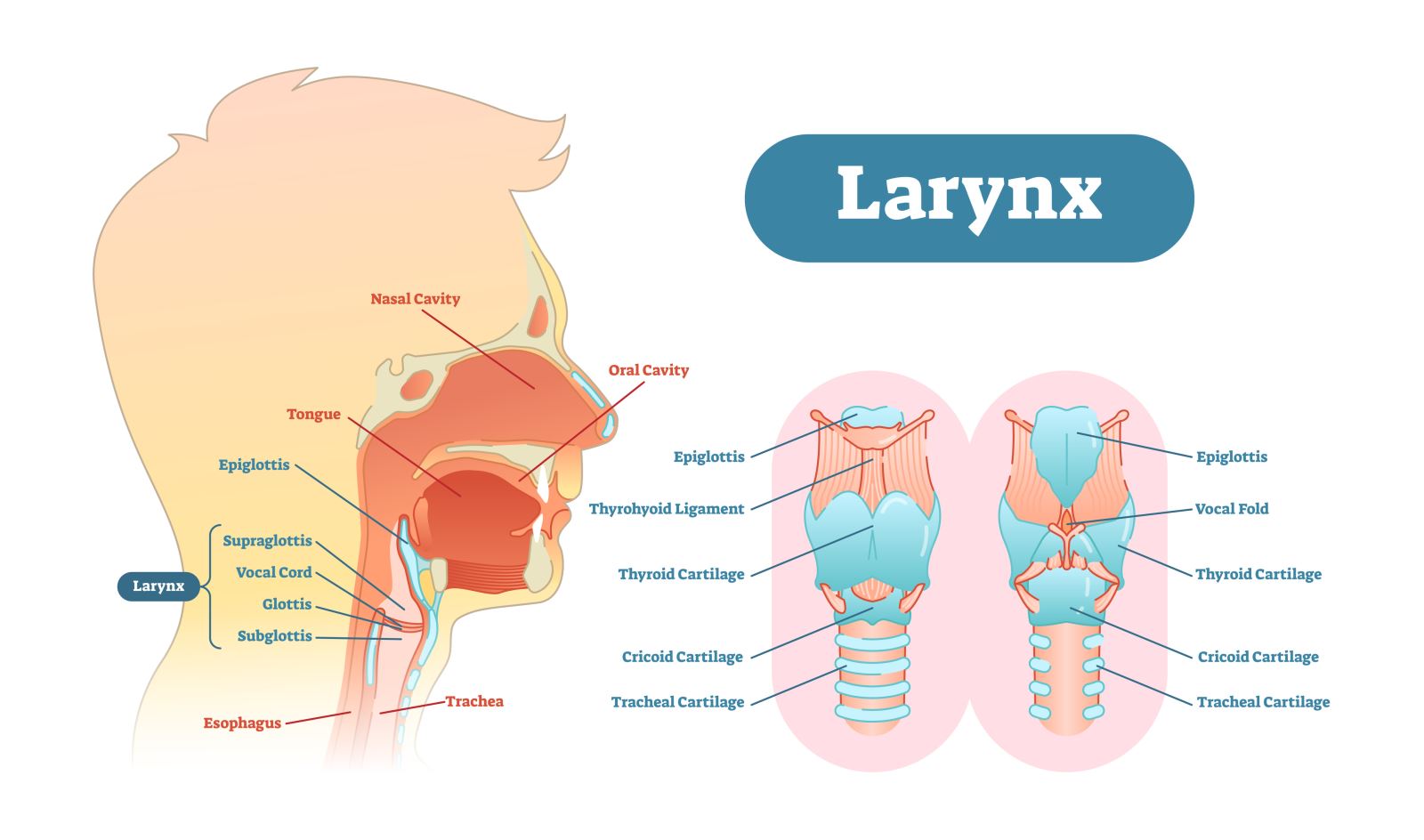
Throat Conditions
chronic sore throat
Chronic sore throat, called chronic pharyngitis, is a persistent sore throat that lingers for weeks or recurs frequently. This condition occurs when the back of your throat (pharynx) becomes inflamed. The most common causes include:
- Persistent tonsillitis, a condition in which the tonsils become inflamed and infected
- Allergies to pollen, mold and pet dander
- Acid reflux (laryngopharyngeal reflux) where stomach acid goes back into the throat, causing irritation
Your provider will begin with a physical examination and may recommend nasal sprays or other medications to treat allergies. In some cases, your provider may recommend a throat culture to determine if the cause is a bacterial or viral infection. If chronic sore throat is caused by a viral infection, such as strep, it can be transmitted from one person to another.
In rare cases, chronic sore throat may be caused by throat cancer. Treatment may include surgery, chemotherapy or radiation.
hoarseness
Hoarseness is most often caused by overuse of your vocal chords. Those who suffer from hoarseness include vocal artists, teachers and others who speak as part of their profession. While overuse is the primary cause, other common causes of hoarseness include:
- Illnesses that affect the sinuses and cause drainage (e.g., cold or flu)
- Gastroesophageal reflux
- Vocal fold hemorrhage
- Vocal nodules, cysts or polyps
A physical exam and medical history will help your physician in diagnosing the cause. Additional imaging studies or biopsy may be recommended in some cases.
globus sensation
Globus sensation is a feeling that a lump or foreign object is in the throat when one does not exist. Causes may include pharyngeal inflammation, gastroesophageal reflux, thyroid disease, abnormal upper esophageal sphincter function and rare tumors. Your provider can help identify the cause and determine the best course of treatment.
lesions of the mouth
Lesions in the mouth include canker sores, cold sores, gingivostomatitis, mononucleosis, oral thrush, burns and an allergic reaction to food or medication. Our providers can diagnose the cause and provide appropriate treatment, which may include medications to treat the underlying cause, such as antiviral or antifungal medication.
